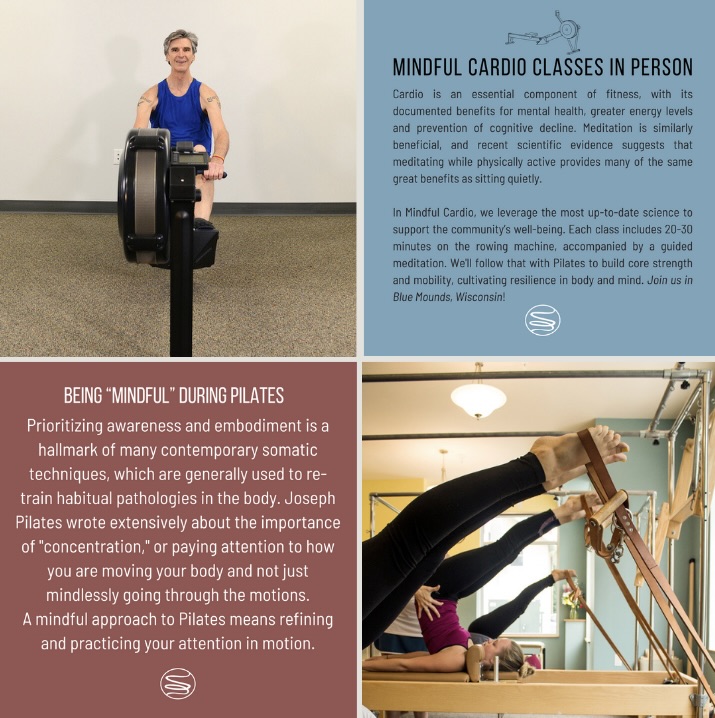Polyvagal Theory - Does Wanting it to be True Make it True?
My first-grade classroom had a Ouija Board tucked among the missing-pieces checker boards and outdated magazines. My classmates and I were intrigued by its premise, and while our pronunciation of Ouija tended toward rhyming with squeegee, for a short while the Ouija Board held our collective imaginations. I wouldn’t describe myself as a skeptical kid, though my first (and last) question to the Ouija Board, do grasshoppers wear pants?, seems to evidence at least some Ouija-skepticism.
The “yes” answer clearly contradicted the abundance of evidence, and even in 1973, wishing the Ouija Board’s answer to be true didn’t make it true. In the aftermath of this dissonant answer, I quickly shifted my attention from the Ouija Board to more pressing concerns, such as scuttling worksheets and talking to my neighbors. Despite my transient interest in the Ouija Board, this first-grade experience continues to inform my worldview.
There are many things that I wish were true. In fact, the length of my wishful thinking list likely exceeds the length of my lengthy to-do list. Unfortunately, wishing something to be true doesn’t make it true. This is one of the reasons that I hold science in high esteem. In general, science tries to penetrate through preconception and wishful thinking to parse the true from the untrue.
The Polyvagal Theory is high on my wishful thinking list. I sincerely wish the Polyvagal Theory was true. It “explains” a lot about the human stress response, and embedded within the Polyvagal Theory is a trail of bread crumbs for clinicians to follow. Since the Polyvagal Theory exploded into the awareness of the mind-body field, all manner of body-mind therapeutic modalities are now “explained” by the Polyvagal Theory. Unfortunately, the science supporting the Polyvagal Theory is tenuous.
A few years ago I would have considered Dr. Shin Shin Tang’s blog posting to be heretical, though I think the body of evidence supports its premise. And if you’re explaining the efficacy of therapeutic modalities such as Yoga, TRE, bodywork, etc. vis-à-vis the Polyvagal Theory, I particularly encourage you to read and contemplate its content. Is the therapeutic modality that you favor effective because it’s “explained” by Polyvagal Theory, or does it inherently have efficacy?




Comments